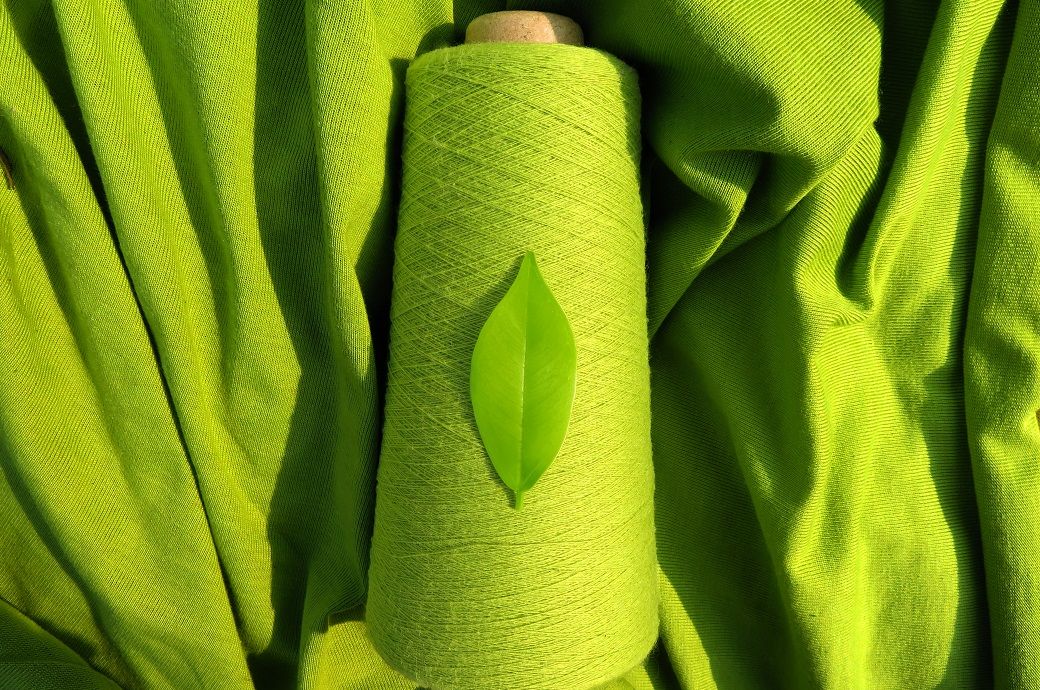
The achievement marked a step forward in replacing harmful chemicals used in functional textiles with bio-based, recyclable alternatives. However, progress now hinges on securing a stable supply of high-quality lignin. The absence of standardisation across the EU complicates sourcing, as lignin properties vary depending on extraction processes, and several specialised suppliers have exited the market, the European Commission said in a press release.
DITF has been testing lignin’s suitability for fibre production and coatings that provide textiles with functions such as liquid, gas, and bacterial protection—essential for sustainable yet high performance fabrics. The project aims to ensure these lignin-coated textiles are both biodegradable and recyclable, aligning with the European Green Deal.
Despite market volatility, new wood refinery plants in Europe promise to stabilise supply. BioFibreLoop sees this as an opportunity for lignin producers to secure large-scale demand by entering the textile market. If successful, the project could strengthen Europe’s bio-based supply chains and resilience against global disruptions.
“Our good research results on the use of lignin in textile products together with the great market potential will strongly motivate the establishment of biorefineries for suitable lignin variants in Europe,” said Thomas Stegmaier, technical coordinator at DITF.
BioFibreLoop (Circular biobased technical textiles with innovative bio-inspired non-toxic functionalisation) will continue until 2027.
ALCHEMPro News Desk (SG)
Receive daily prices and market insights straight to your inbox. Subscribe to AlchemPro Weekly!